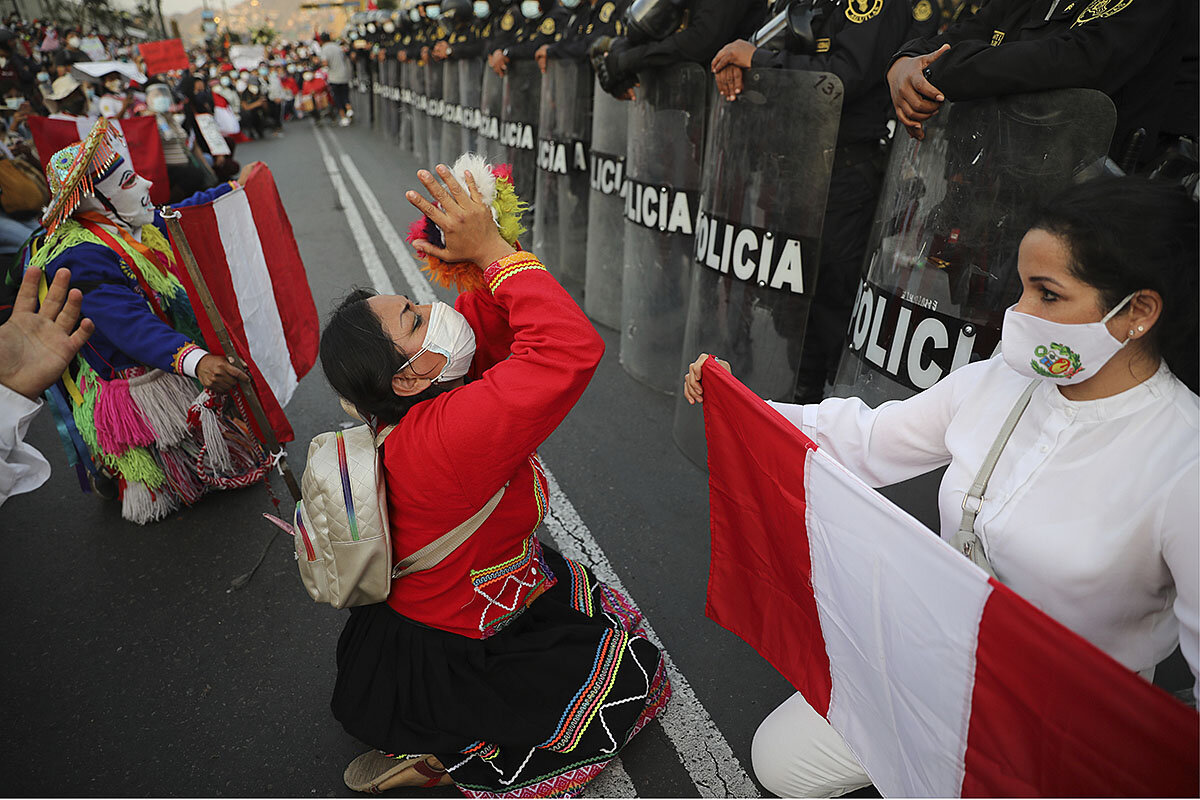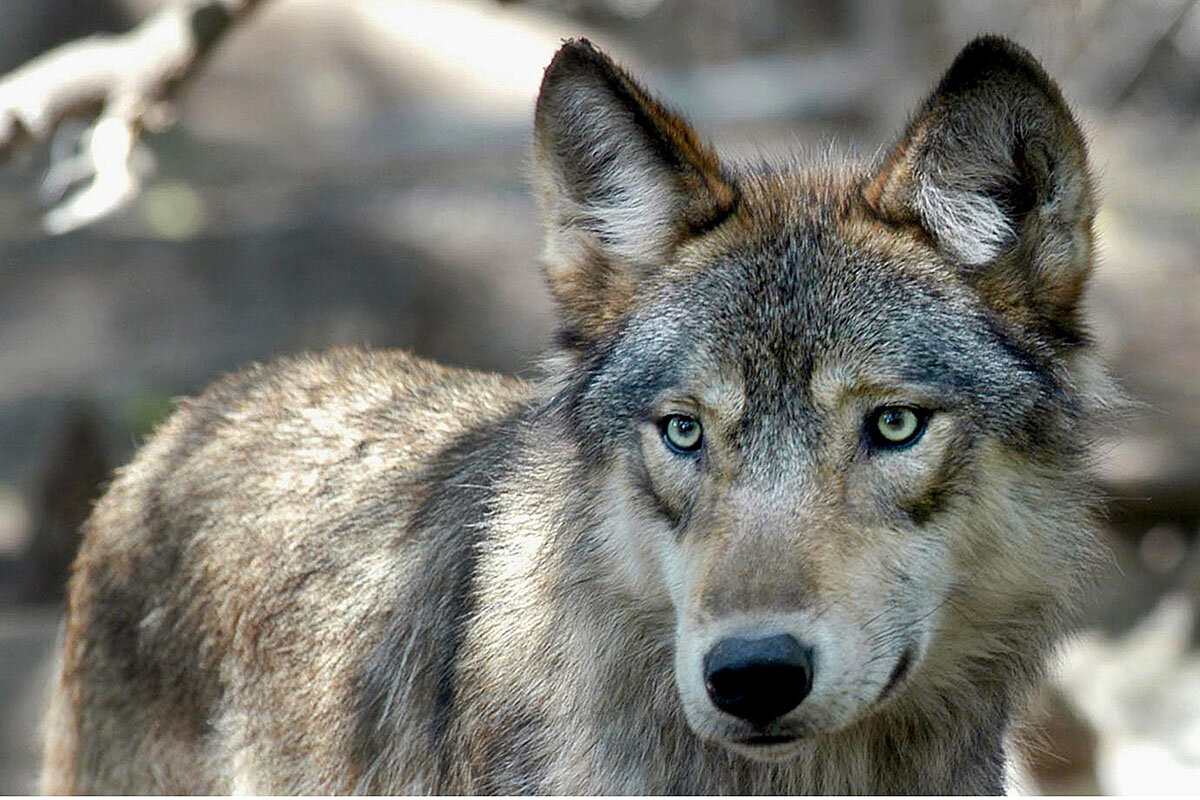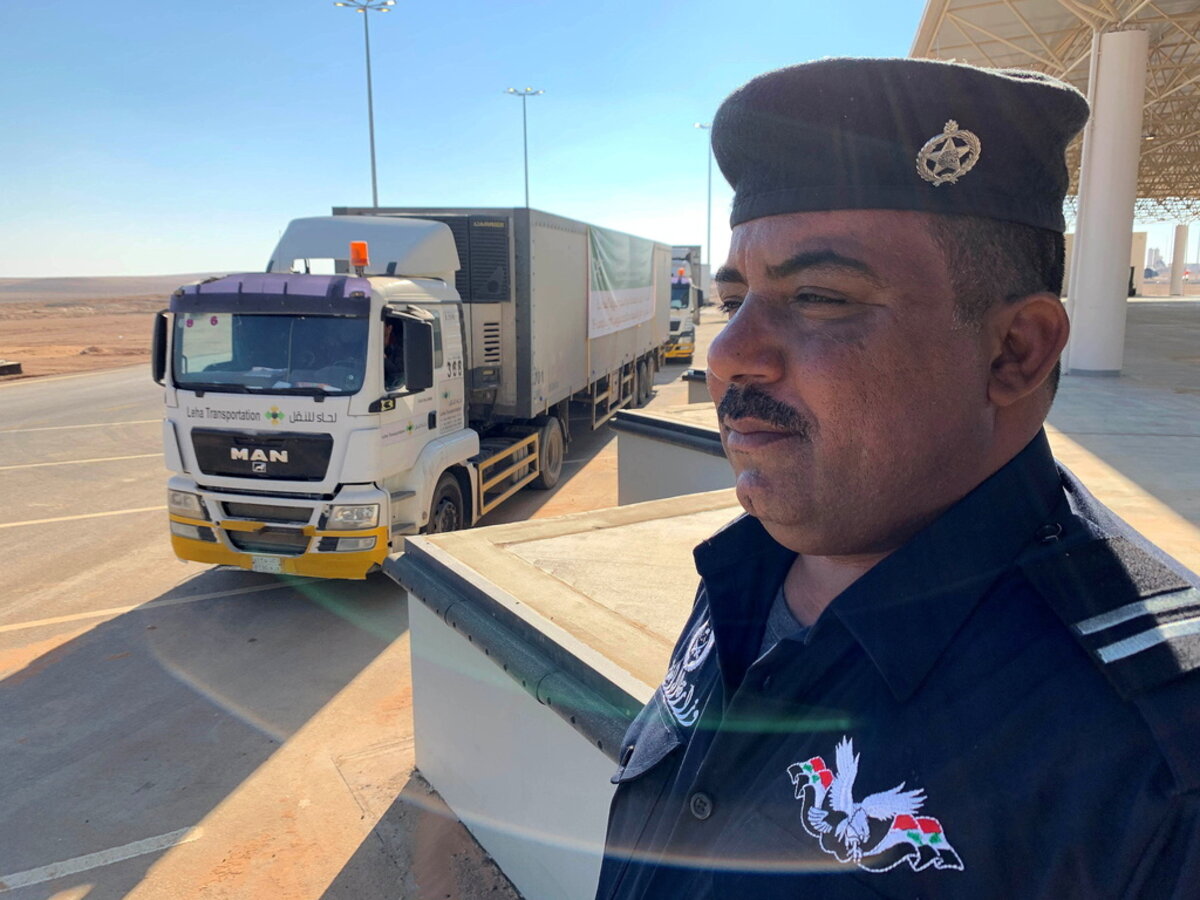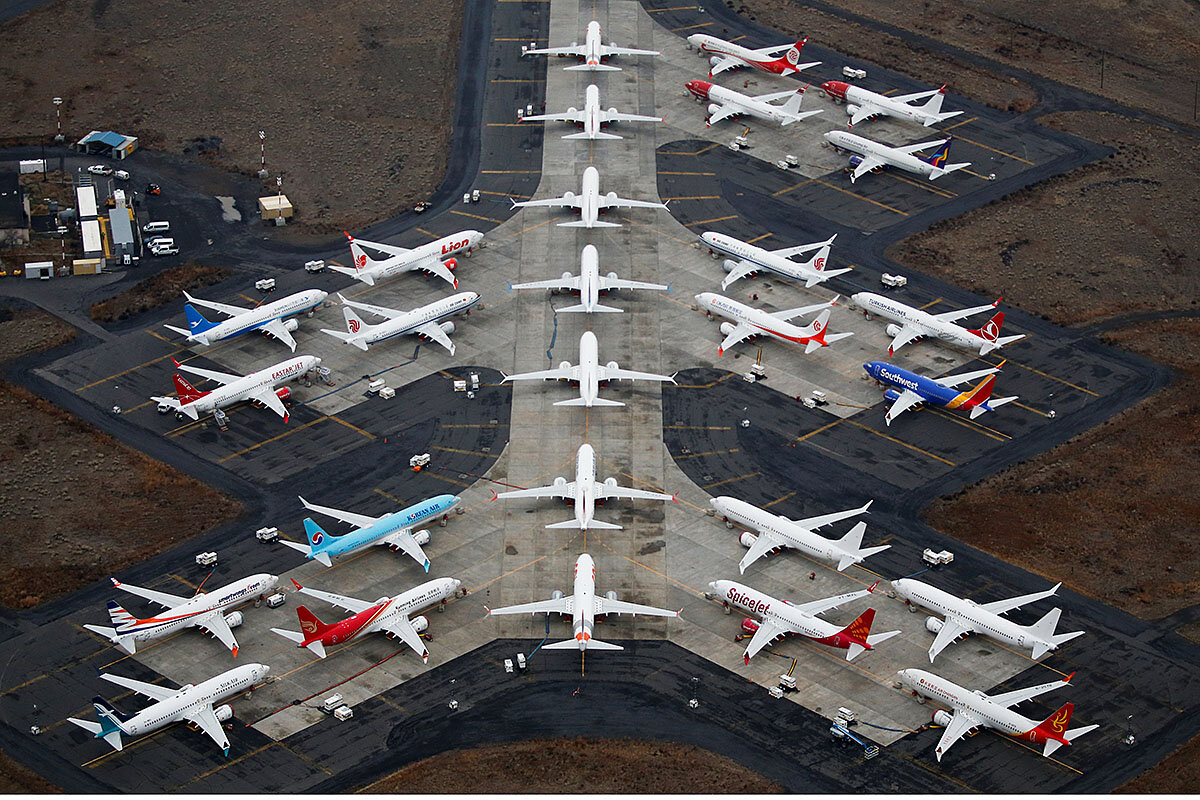Fewer and fewer young Americans see the U.S. foreign service as a path to making a difference in the world. What should a Biden administration do to revitalize U.S. diplomacy?
Monitor Daily Podcast
- Follow us:
- Apple Podcasts
- Spotify
- RSS Feed
- Download
 David Clark Scott
David Clark Scott
From the day he entered their lives, Chris Nikic’s parents were told what their child would not be able to do.
But the Nikic family refused to accept a label or limits. As a child diagnosed with Down syndrome, Nikic didn’t learn to walk until age 4. He was dogged by health challenges. He didn’t ride a bike until age 15.
But at 21, Chris Nikic has now achieved something no one like him has done before.
On Nov. 7, he finished an Ironman Triathlon, one of the most grueling tests of strength and stamina ever devised. He swam 2.4 miles in the Gulf of Mexico, then bicycled for 112 miles, and topped it off with a 26.2-mile marathon – all in under the regulation 17 hours. The race wasn’t without a struggle. He crashed his bike once. He was bitten by fire ants during a water break. And he nearly quit on Mile 10 of the marathon. But he finished.
“I learned that there are no limits,” Mr. Nikic told The New York Times. “Do not put a lid on me.”
In a life so often challenged by assumptions, that defiant statement may be the most important take-away from his latest victory. No limits. No labels.
“Our hope,” his father, Nik Nikic, told NBC’s Today Show, “is that Chris will launch thousands of parents to look at their children differently.”










